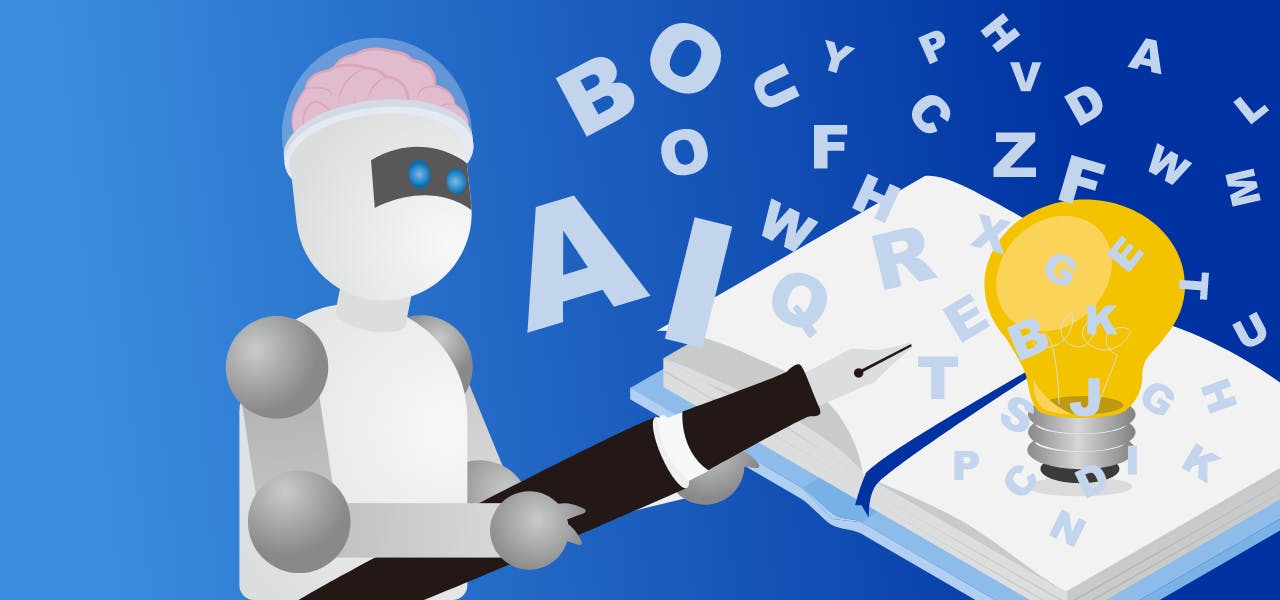Introduction
Artificial Intelligent technologies are transforming industries left and right—and content creation is no exception. With the rise of AI Content Generation tools, a natural question arises: are human writers being pushed aside? In this post, we’ll take a realistic look at how AI is influencing the writing world, where it excels, where it falls short, and what the future might hold for creative professionals and digital marketers.

The Evolution of Content Generation
Not long ago, content was purely human-crafted. Writers painstakingly typed out blog posts, sales pages, and social media copy by hand. Fast forward to today, and AI Marketing tools are helping marketers produce content at an unprecedented scale. From early spell checkers to today’s sophisticated language models, the journey has been nothing short of revolutionary.
How AI Content Generators Work
AI content tools rely on Natural Language Processing (NLP) and Machine Learning algorithms. These systems are trained on vast datasets to learn grammar, tone, and context. Tools like ChatGPT, Jasper, and Copy.ai can now draft articles, product descriptions, and email campaigns. These platforms aren’t just guessing—they’re using patterns and data to simulate human-like writing with remarkable accuracy.
The Pros of AI Content Generation
AI Marketing thrives on speed and efficiency. Need a blog post in 10 minutes? Done. Want hundreds of product descriptions generated at scale? No problem. Artificial Intelligent systems can create content 24/7 without fatigue. For startups and B2B lead generation campaigns, AI can be a cost-effective solution, providing quick turnarounds and SEO-friendly output without the overhead of a full writing team.
The Limitations of AI Writers
But let’s not crown the bots just yet. AI-generated content often lacks emotional nuance. It can struggle with sarcasm, humor, and regional idioms. AI also isn’t perfect when it comes to facts—without the right checks, it may produce outdated or incorrect information. For brands needing a strong, distinct voice, AI still falls short in capturing subtle tone shifts and human storytelling.
Human Writers: Irreplaceable Strengths
Writers bring something to the table that machines can’t: heart. Creativity, empathy, and real-world experience allow human writers to connect with audiences on a deeper level. They understand cultural context, use storytelling to spark emotion, and can fine-tune messaging to fit a brand’s unique voice. Especially in areas like journalism or thought leadership, human insight remains indispensable.
Case Studies: AI vs. Human Writing
Consider this: two blog posts, one written by AI, the other by a human. Studies show readers often engage more with human-written content, especially when it tells a story or evokes emotion. In B2B lead generation, personalized storytelling by human writers has a proven track record of driving conversions and building trust. AI performs best when supporting human creativity, not replacing it.
SEO Implications0
Search engines are getting smarter, too. While AI-generated content can be optimized for keywords, Google has made it clear that quality matters. Spammy, purely machine-written content may be penalized. The best practice? Use AI tools as a starting point, then let human editors refine the content. This balance helps maintain SEO performance while ensuring the material is engaging and accurate.
Ethical Considerations
Transparency is a growing concern. Should readers be told when content is AI-generated? What happens when AI “borrows” too closely from its training data? And how do we ensure originality in an era of automation? These are big questions facing marketers and content teams today. Ethical AI use requires oversight, clarity, and accountability—especially in professional and journalistic settings.
AI and Writers: Collaboration Over Competition
It’s not about man vs. machine—it’s about synergy. Writers can use AI to brainstorm topics, structure outlines, and automate tedious tasks. This frees up more time for creative thinking and deeper storytelling. Many successful content teams now use AI tools in their workflow, treating them as assistants rather than threats. When humans and machines collaborate, content quality and productivity both improve.

Future of Writing in the AI Era
Looking ahead, the role of the writer will evolve. Content professionals who embrace AI will thrive. Writers will need to sharpen skills in strategy, creativity, and voice while learning how to guide and refine AI output. Editors will take on expanded roles as quality controllers and brand stewards. The future isn’t about replacement—it’s about reinvention.
The Role of Publishers and Media Companies
Media giants are already experimenting with AI to draft financial summaries, news briefs, and even sports updates. But they’re also implementing strict editorial guidelines to ensure quality. These companies know that trust is their most valuable asset. Balancing AI efficiency with editorial integrity is key to staying relevant and respected in the digital age.

Audience Perception of AI Content
Surveys show that many readers still prefer knowing a human wrote what they’re reading. Transparency breeds trust. When AI is used, it’s best to be upfront about it, especially in informative or persuasive content. People don’t mind AI assistance as long as the information is valuable and accurate. It’s all about delivering quality and building a loyal readership.
Legal and Copyright Challenges
Who owns content created by an algorithm? That’s a legal gray area in many jurisdictions. Some argue the user owns it; others say the platform might retain some rights. Additionally, if AI writes something misleading or harmful, who’s liable? Governments and legal bodies are starting to address these questions, but the law hasn’t fully caught up with the technology just yet.
Conclusion
So, is AI Content Generation replacing writers? The short answer is no—but it is changing the game. Artificial Intelligent tools are reshaping how content is made, especially in fast-paced areas like AI Marketing and B2B lead generation. But the human touch still matters—a lot. The future belongs to those who can blend technology with authenticity, using AI to enhance—not replace—creative expression.

